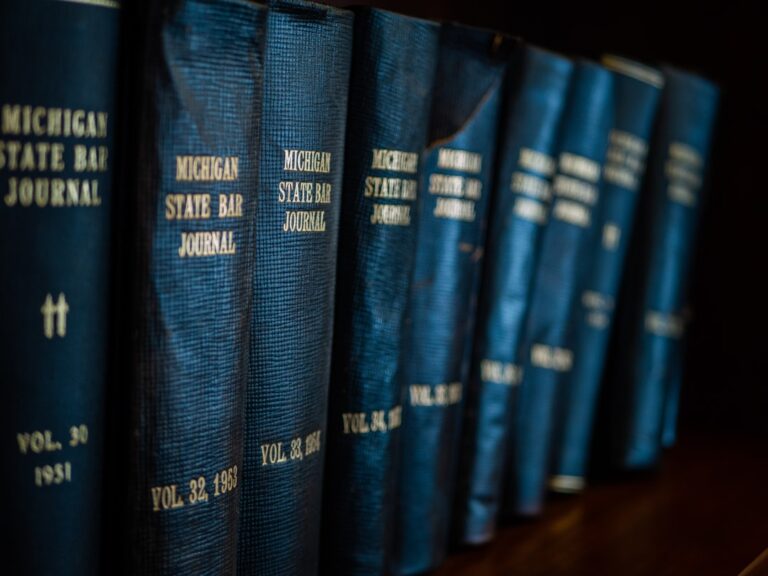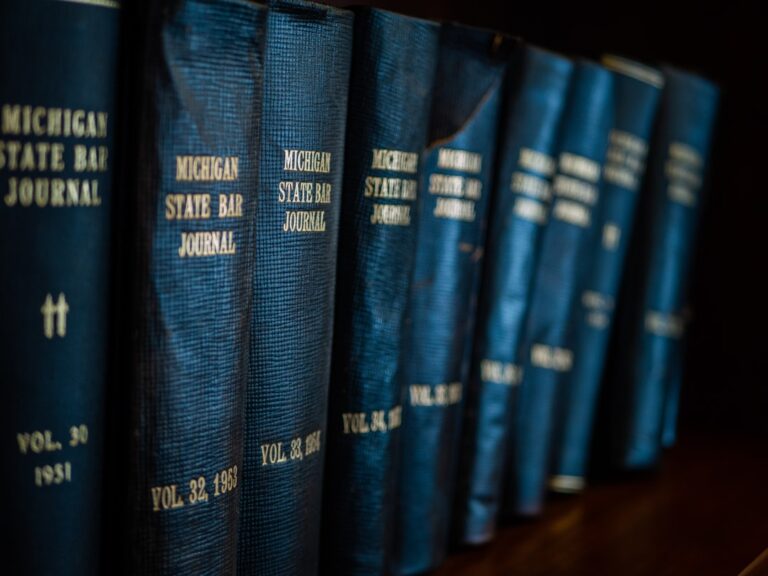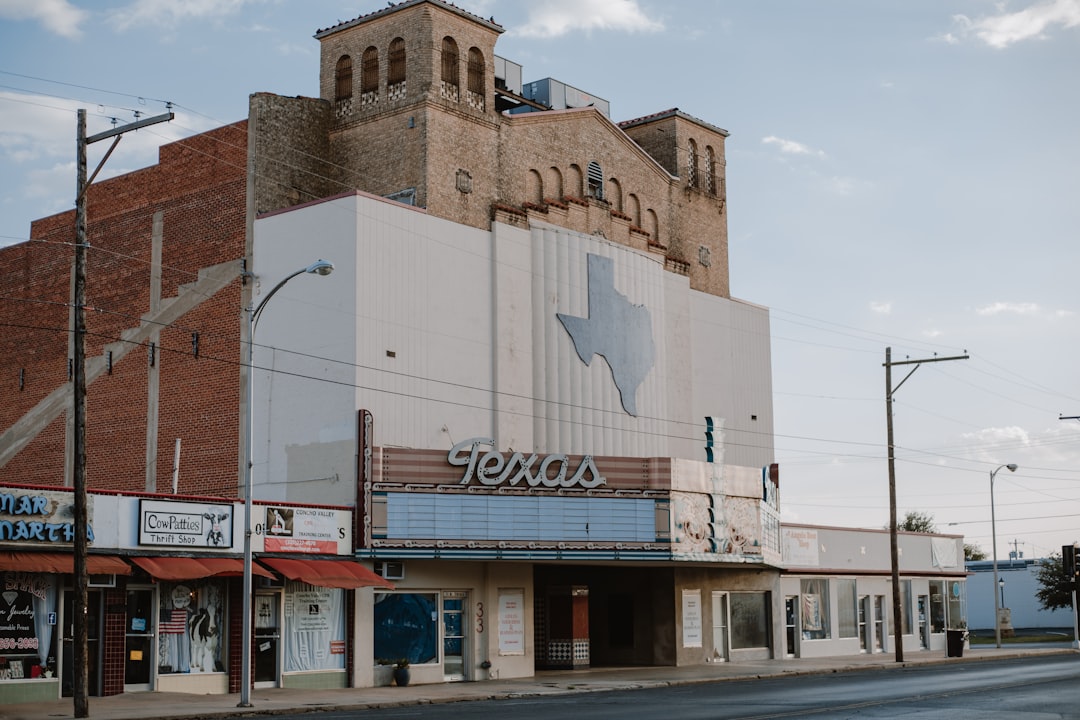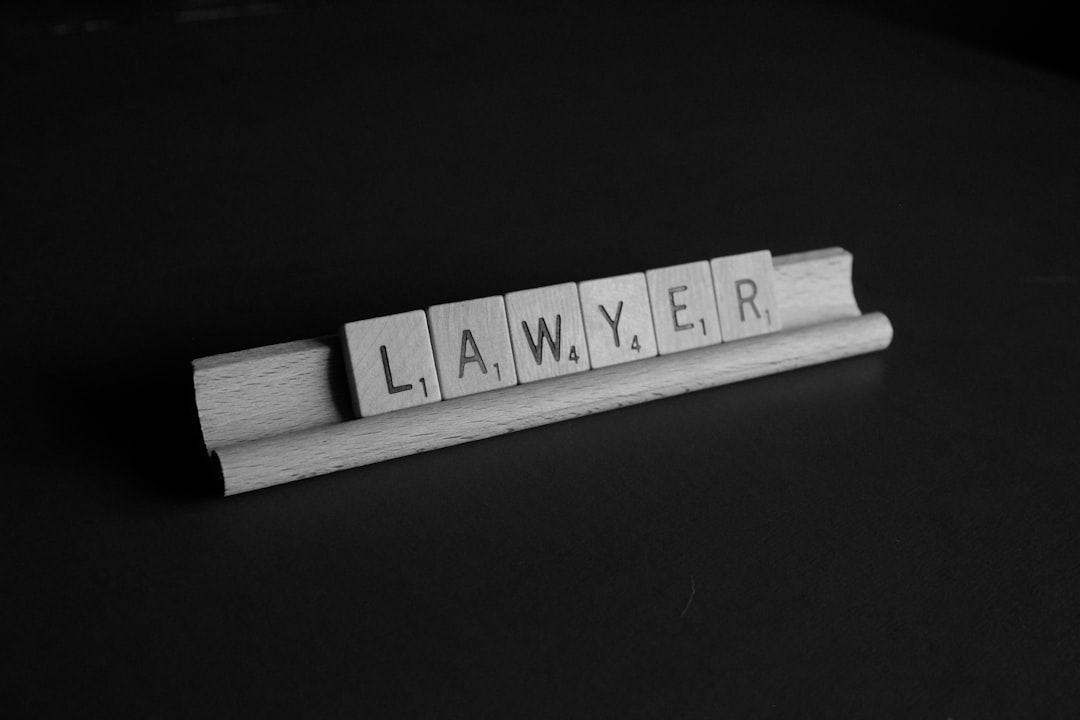Austin's diverse cultural landscape shapes perceptions of sexual assault, impacting trial outcomes. Rape lawyers Texas navigate complex legal and cultural terrain to secure fair trials, challenging gender stereotypes and defending clients' rights. Local support systems empower survivors, while strategic defenses by rape lawyers counter cultural biases and achieve justice in emotionally charged cases.
Cultural norms play a significant role in shaping perceptions and outcomes of sexual assault cases in Austin. This article explores how deeply rooted societal values influence legal proceedings, from definitions of consent to gender stereotypes. We delve into the impact on victims and the crucial role of community support. Additionally, we provide insights for rape lawyers Texas to navigate these complex dynamics effectively, ensuring justice and support for survivors. Understanding these cultural nuances is essential in combating sexual assault and promoting positive change.
Understanding Cultural Norms in Austin Society

Understanding the cultural norms of Austin, Texas, is crucial when discussing sexual assault cases. The city boasts a diverse population with various ethnic backgrounds and beliefs, each bringing unique perspectives on sensitive topics like consent and interpersonal relationships. These cultural nuances can significantly impact how victims perceive and report sexual crimes. For instance, some communities may have strict codes of conduct regarding gender roles and personal space, which could influence their understanding of what constitutes assault.
Austin’s vibrant culture also encompasses a strong sense of community and social activism. Many residents are vocal about advocating for survivors’ rights and justice reform. The presence of reputable rape lawyers in Texas, catering to victims from diverse backgrounds, showcases the city’s commitment to addressing these issues head-on. This cultural awareness is essential in ensuring that legal processes are sensitive to the unique circumstances surrounding sexual assault cases in Austin.
Perceptions of Consent and Their Impact on Trials

Perceptions of consent play a pivotal role in shaping the outcome of sexual assault trials, especially in a city like Austin with a diverse cultural landscape. The concept of consent is deeply rooted in societal norms and can vary across different communities. In legal terms, consent refers to an agreement or willingness between individuals participating in sexual activity, which must be clear, voluntary, and enthusiastic. However, cultural interpretations of consent can lead to misconceptions and conflicts during court proceedings.
In Austin, where a vibrant mix of cultures coexist, the idea of consent might be influenced by traditional values, personal beliefs, and community standards. For instance, some cultural backgrounds may have stricter views on premarital sex, which could impact how an incident is perceived when it comes to consent. This variation in perspectives can create challenges for rape lawyers Texas as they navigate complex legal and cultural territories. Understanding these nuances is essential to ensuring fair trials and delivering justice in sexual assault cases.
The Influence of Gender Stereotypes in Legal Proceedings

In legal proceedings involving sexual assault, gender stereotypes can significantly impact the perception and outcome of cases. These deeply ingrained societal norms often influence how juries, judges, and even law enforcement view victims and perpetrators. For instance, traditional gender roles may lead to biases where a victim’s behavior or appearance is scrutinized more harshly if they do not conform to expectations of femininity. This can be particularly problematic in Austin, Texas, where the presence of prominent universities and a vibrant cultural scene attracts a diverse population, but also means that a variety of perspectives on gender need to be considered.
Rape lawyers in Texas often navigate these complex issues by challenging stereotypes and presenting cases that highlight the victim’s agency and humanity. They strive to counter narratives that blame victims for their own assault through strategic questioning and expert testimony. By addressing these underlying cultural biases, legal professionals can ensure fair trials and create a more just system, ultimately supporting survivors and fostering community awareness about sexual violence.
Community Support and Victim Advocacy

In Austin, a strong community support system for sexual assault victims plays a pivotal role in their recovery and justice-seeking processes. Local organizations and advocacy groups offer crucial services like counseling, legal aid, and safe housing, empowering survivors to come forward and pursue justice against perpetrators. These initiatives are vital in challenging cultural norms that often silence or shame victims, especially in conservative areas where reporting sexual crimes might be discouraged.
Victim advocacy groups in Texas, including Austin, provide specialized support tailored to the unique needs of rape survivors. They educate communities about consent, promote awareness of available resources, and ensure victims’ rights are protected throughout legal proceedings. With the help of dedicated rape lawyers in Texas, these advocates guide survivors through complex legal systems, offering a much-needed sense of security and justice in the face of traumatic experiences.
Strategies for Effective Defense by Rape Lawyers Texas

In Austin, where cultural norms can significantly impact sexual assault cases, a strategic defense approach is crucial for rape lawyers Texas. These attorneys play a vital role in navigating the complex legal landscape surrounding such sensitive issues. They employ specialized tactics to ensure their clients receive justice and fair trials. One key strategy involves challenging the credibility of accusers through thorough cross-examination, scrutinizing inconsistencies in their accounts, and presenting alternative explanations for the events in question.
Additionally, rape lawyers Texas often focus on building a strong alibi defense for their clients. They present compelling evidence and witness testimonies to prove their client’s absence from the alleged crime scene. This is especially effective when cultural biases might lead to questioning the victim’s word over that of the accused. By utilizing these strategic defenses, legal professionals can help alleviate the burden of proof and achieve positive outcomes in what are often emotionally charged and challenging cases.





